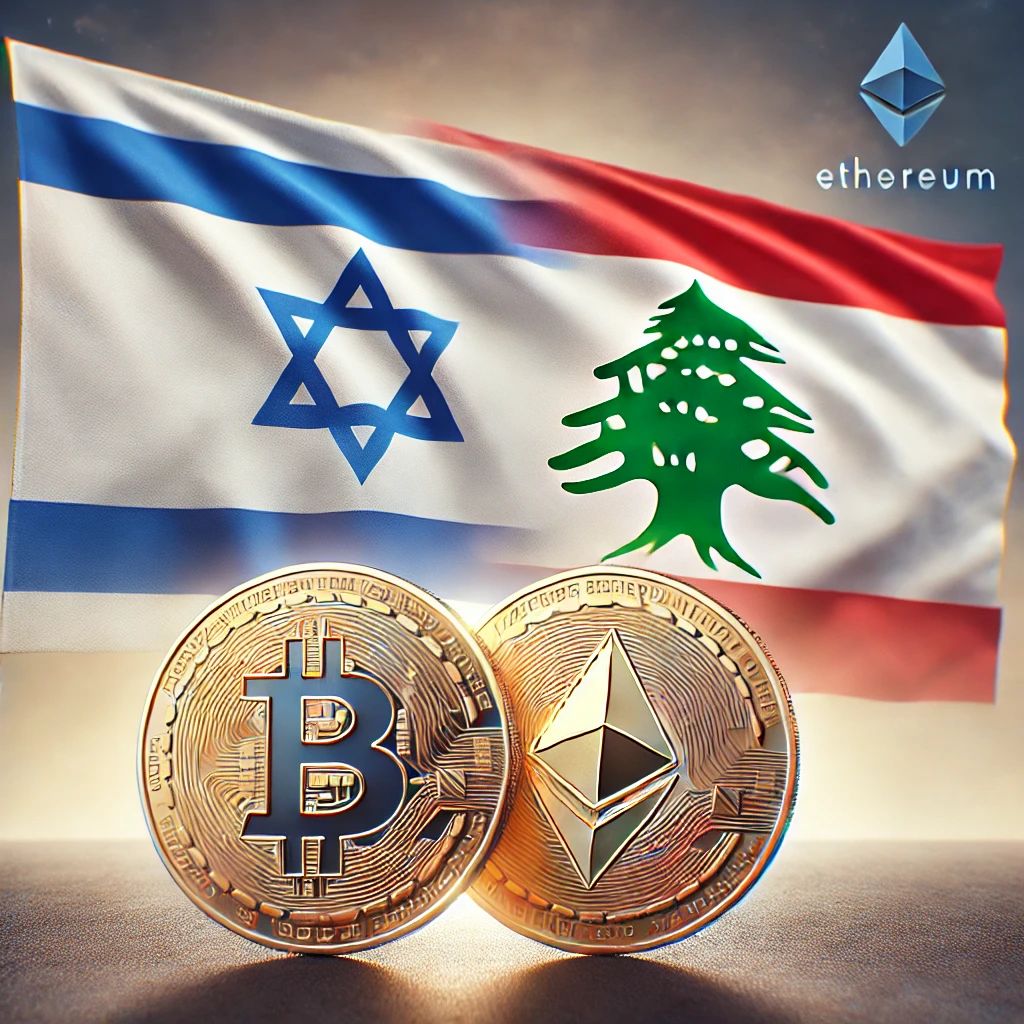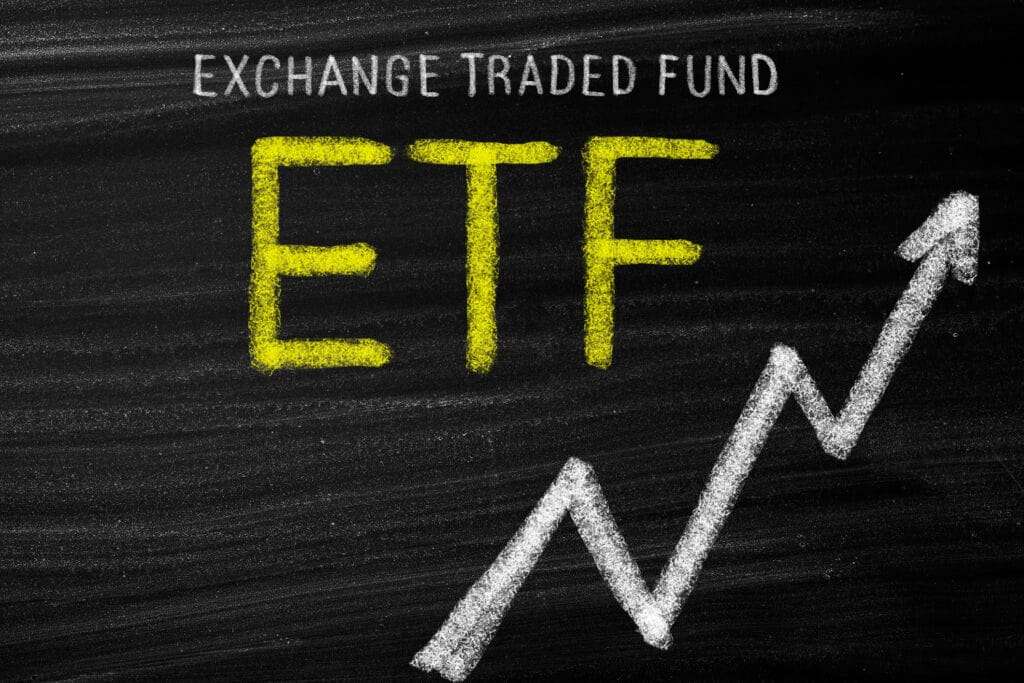
The ongoing conflict between Israel and Hezbollah in Lebanon is having widespread effects across various sectors, including the Understanding Crypto Volatility Amid the Israel Lebanon Conflict market.
This volatile geopolitical situation has raised questions about how wars and political instability impact the value of decentralized digital currencies like Bitcoin, Ethereum, and others. In this article, we’ll explore how the crypto market reacts to geopolitical crises, particularly in the Middle East, and why investors should stay informed.
How Geopolitical Conflicts Impact Crypto Markets
Cryptocurrencies, by design, are decentralized and often seen as a hedge against traditional financial markets. However, geopolitical conflicts such as the Israel-Lebanon war can significantly impact the crypto space.
During times of uncertainty, investors tend to seek safer assets like gold or the US dollar, leading to increased volatility in riskier assets like cryptocurrencies.
Initial Reactions A Drop in Confidence
At the onset of the Israel-Lebanon conflict, the Crypto Volatility market experienced an immediate reaction. Bitcoin, for example, saw a dip of around 2% as tensions heightened and investors moved their assets to safer markets. This pattern is typical when global instability arises, as traders become more risk-averse.
Why Cryptocurrencies are More Resilient Than Traditional Markets

While the initial impact of the conflict caused a drop in prices, Crypto Volatility have a reputation for bouncing back more quickly than traditional markets. Unlike stocks or bonds, which are directly tied to specific economies, cryptocurrencies operate on a global scale. This decentralized nature allows them to recover faster, even amidst regional conflicts.
Decentralization The Strength of Crypto
Cryptocurrencies’ decentralized structure is one of the reasons they can withstand geopolitical turmoil better than traditional financial systems.
Since no single government controls Bitcoin or Ethereum, they are less affected by localized crises. This makes crypto an attractive asset class for long-term investors seeking to diversify their portfolios in uncertain times.
Investor Behavior During the Israel Lebanon Conflict
A Shift Toward Safe Haven Assets
In the early stages of the conflict, many crypto investors followed a common pattern they sold off risky assets in favor of traditionally safer investments like gold or the US dollar. The conflict has also impacted other commodities like oil, pushing up prices, which in turn affects the broader financial ecosystem.
However, not all investors are quick to flee. A portion of the Crypto Volatility community views digital currencies as a safe haven during times of political instability, similar to how some view gold. This group of investors believes that cryptocurrencies, with their independence from centralized authorities, offer a form of financial security during uncertain times.
Long Term Outlook for Crypto Amid Conflict
The longer the Israel-Lebanon conflict persists, the more likely it is that cryptocurrencies will continue to experience short-term volatility.
However, historical data shows that the crypto market tends to recover from geopolitical crises more quickly than other markets. For investors willing to endure the ups and downs, the long-term outlook remains optimistic, especially as the world continues to embrace digital assets.
What to Expect in the Coming Weeks
The future of the crypto market amid the Israel-Lebanon conflict remains uncertain, but there are a few key trends to watch for:
Increased Regulatory Scrutiny
As Crypto Volatility gain more prominence during global conflicts, governments may introduce stricter regulations. This could increase volatility in the short term but might also lead to more stable long-term growth as regulations clarify the legal status of digital assets.
Fluctuations in Bitcoin and Altcoin Prices
In the coming weeks, Bitcoin and major altcoins are likely to see price fluctuations as the conflict evolves. Investors should be prepared for this volatility and consider strategies like dollar-cost averaging to mitigate risk.
Conclusion Navigating Crypto Volatility in Uncertain Times
The Israel-Lebanon conflict serves as a stark reminder of how global events can ripple through the financial markets, including cryptocurrencies.
While the initial reaction may be volatile, the long-term resilience of crypto assets, particularly due to their decentralized nature, provides an opportunity for savvy investors. As always, staying informed and making strategic decisions based on market conditions will be key to navigating these turbulent times.


